Writing: planning a description
In our writing lesson this morning, we’ve been planning a setting description that we will write in the next few days. The stimulus for our writing is a short animation called Eye of the Storm.
Children have been tasked with planning descriptive phrases and figurative language that they will use in their pieces. You’ll see in the photos that children are using thesauruses to help them choose vocabulary that will bring their descriptions to life.
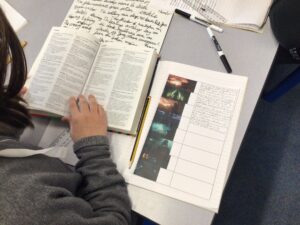
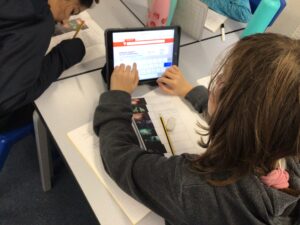
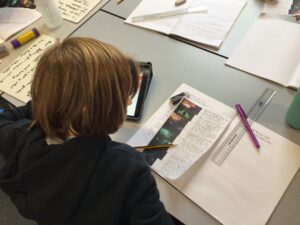
Here are a few examples of the descriptive ideas we came up with in the lesson:
“The black, ominous clouds were choking the airship as lightning flooded the sky.” Sasha.
“He stood there as lonely as the bruised fruit in the bottom of his fruit bowl.” Leah
“Wire protruded out of his throne-like chair. Ready, he sat calmly like a breeze dancing in June.” Saahir
“The peculiar man stood lonely and in grief as he watched the oppressive sun rise above the clouds.” Khadija
“Like man against Mother Nature, the stuttering airship fought for its life against the ever growing tempest in the sky.” Sam
Let there be light!
Hello!
Year 4 had a great first week of the second autumn term after having (what sounds like!) a lovely half term break.
We began our new topic unit that will lead us up until Christmas and it is art! The children have been really looking forward to this as they love being creative. The two artists that we’re going to be focusing on are Martha McDonald Napaltjarri and Wassily Kandinsky. They both have their differences in terms of their heritage and style but we’ll be exploring all areas through reading and writing but most importantly art.
I was blown away during our first hands on art lesson! We had a go at observational drawing, which on first glance, did look quite tricky. However, the children focused on drawing exactly what they could see in front of them (an orange or pear) including how the light hit the object and how they could add texture.
Here are just a couple of the fantastic outcomes


Help at home by practising this skill. You can draw absolutely anything -even a potato!
Drop in session
Reading: retrieval of facts about Henry Moore and Barbara Hepworth
In our reading lesson this morning, children have read a text about the artists Henry Moore and Barbara Hepworth. They worked in pairs to retrieve facts about each artist.
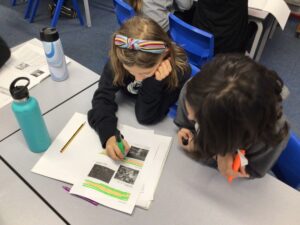
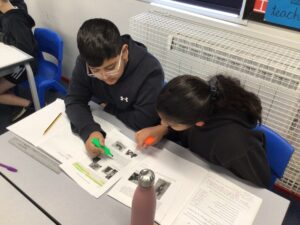

Did you know that both Henry Moore and Barbara Hepworth were born in West Yorkshire?
Did you know that both artists won a scholarship in 1921 to study at The Royal College of Art?
Did you know that Barbara Hepworth was often mistaken for Henry Moore’s pupil rather than his peer?
Did you know that Barbara Hepworth sadly died in a fire in 1975?
Did you know that Henry Moore, his wife Irina and his daughter Mary set up the Henry Moore Foundation in 1977?
Did you know that many of Henry Moore’s pieces were sculpted with the figures in a reclining position, taking inspiration from the landscape he had grown up in?
Odd socks day
Next week is Anti-Bullying Week.
This year’s theme is ‘One Kind Word’ and we will be taking part in Odd Socks Day on Monday 15 November.
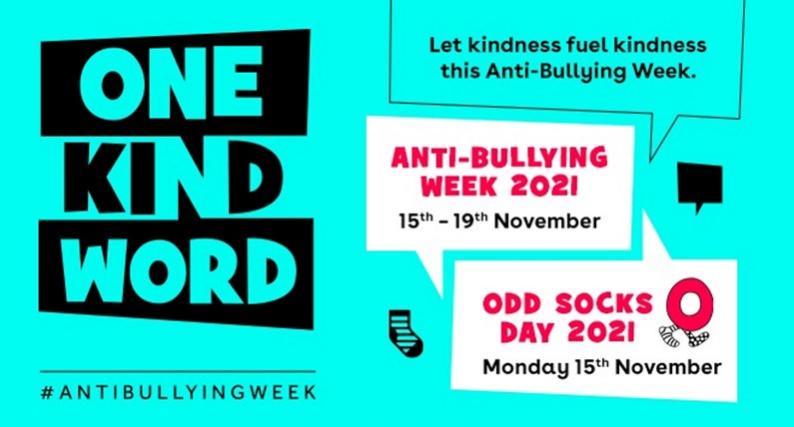
Odd socks day is to raise awareness of our differences, individuality and personal choice. Come to school wearing your odd socks to celebrate what makes us all unique.
This year, the Junior Leadership Team have requested a voluntary donation of £1 on the day to raise money for our school charity, Dog’s Trust.
Thank you for your support.
A busy first week back!
This week has been really busy!
We made Rangoli patterns and Diwas to celebrate Diwali.
The children are really enjoying their roleplay area which we have turned into an Indian restaurant!
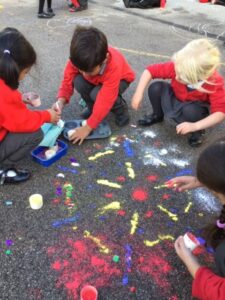
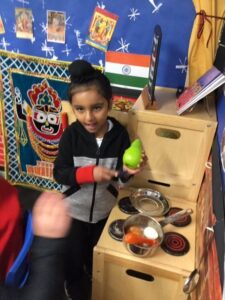
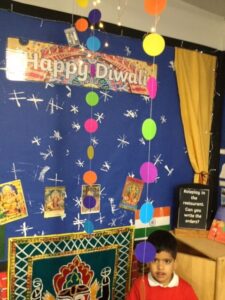
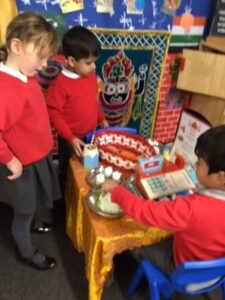
This week’s learning
Phonics
We are continuing to learn letters and their sounds. This week’s letters are e,u,r and we are learning the ‘tricky words’ to and the.
Most children are now bringing home a book with words. The children will be able to read these books as they only contain words with the phonemes we have learnt. They also have a word book containing words to blend. We will send new words home to add to the book each week.
Please read with your child and practise blending each day. Keep the reading book and reading record book in your child’s bookbag so we can read with your child and change their book.
Please ask if you have any questions about reading and phonics.
Maths
This week we will be learning all about the number 5 and building on their understanding of composition by decomposing numbers by investigating the composition of 3, 4 and 5. Composing and de-composing numbers involves the children investigating part–part–whole relations, e.g. seeing that 3 can be composed of 1 and 2. Through practical experience, they will consolidate their understanding of a whole being made up of smaller parts. They will begin to recognise that numbers can be made by combining parts in different ways.
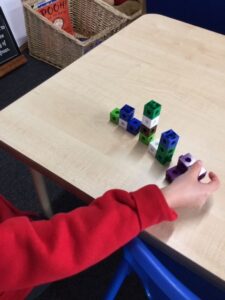
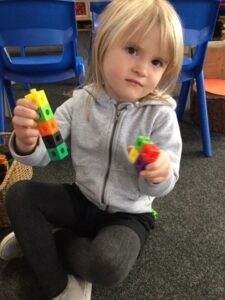
Don’t forget our Maths Presentation on Tuesday. This session will give you some guidance on how we teach Maths in Reception and how you can support your child at home.
The session starts at 6pm and will last around 20-25 minutes. There will be a question and answer session at the end of around 5-10 minutes.
Please ask if you have not received the details of the meeting.
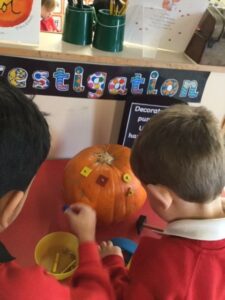
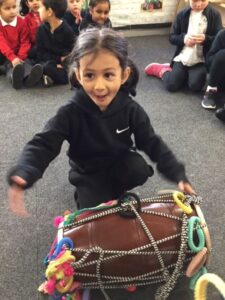
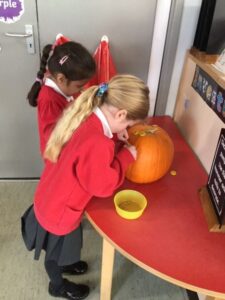
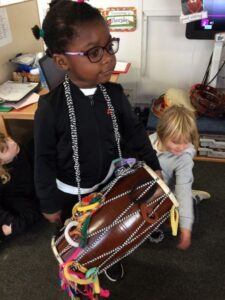
Cross country
We are pleased to invite KS2 children to compete in an upcoming cross country race as part of the Leeds Schools Athletics Association cross country programme of Saturday morning races. Children will compete against pupils from other Leeds schools.
The race will take place at 10am on Saturday 20 November at Prince Henry’s Grammar School, Otley.
There are opportunities for Year 3 and 4 girls and boys (under 9) to race 900m and Year 5 and 6 girls and boys (under 11) to race 1500m. Once your child has completed their race, you are free to leave the event.
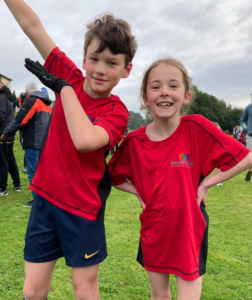
Please note, parents/carers are responsible for taking and supervising their child/children.
If your child is interested in taking part, please respond to the the message recently sent out.
We look forward to pupils representing our school at this event.
There will be one more Saturday morning race this year – Saturday 6 March 2022 at Middleton Park.
If you are unable to take part, you may want to join the free Sunday morning junior parkruns held locally at Roundhay Park, Temple Newsam and Boddington.
Bonfire safety
Today, two PCSO officers came into school. Year 2 thoroughly enjoyed listening to them both and asking lots of questions. The officers came into school to discuss the importance of staying safe this bonfire weekend. We hope you all have a wonderful weekend watching fireworks, holding sparklers and visiting bonfires but make sure you stay safe by following the advise from today.
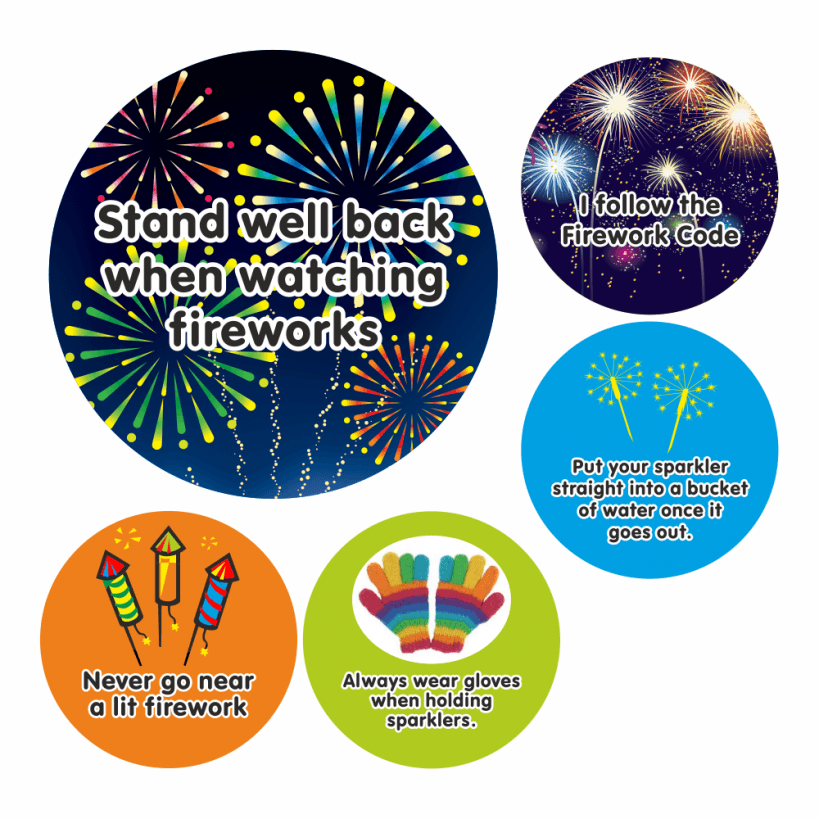
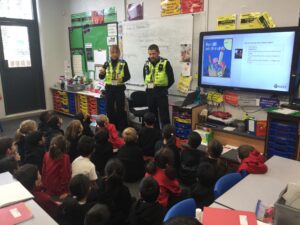
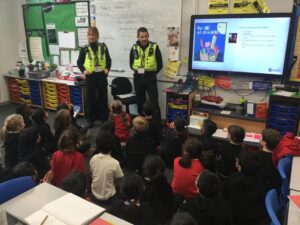
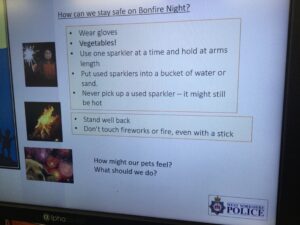
Welcome back!
We hope you had a great half-term break!
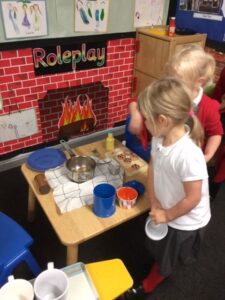
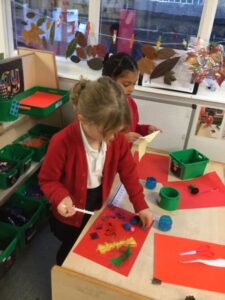
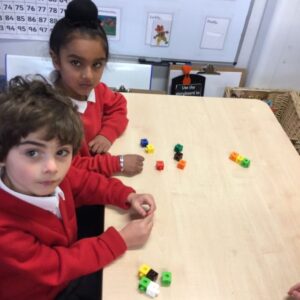
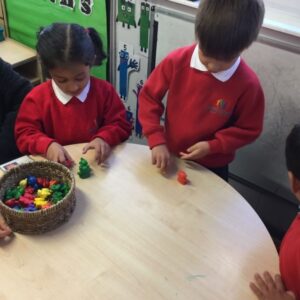
This term our themes will be ‘Light and Dark’ and ‘It’s magic’.
Phonics
We are continuing to learn letters and their sounds. This week’s letters are e, u,r,h. We will also learn the first ‘tricky words'(words that are not phonetic)- the, to.
Please keep practising these phonemes and using them to blend(read) and segment(spell).
Maths
The session will start at 6 pm and last around 20-25 minutes, plus there will be a question and answer session at the end of around 5-10 minutes.
The link to this zoom session will be emailed to all parents and carers after the half term break. If you do not receive a link, please contact the school office before Tuesday 09 November.
Living and Learning: mental health
Our recent Living and Learning focus has been all about mental health. Teaching about mental health and emotional wellbeing is now statutory as part of Health Education.

In Year 2, our learning has included:
- we all have feelings
- solving friendship problems
- managing difficult emotions
Emotions are feelings. They can change all the time. We all experience a whole range of emotions, from anger to happiness to fear. We even managed to create an A-Z of emotions.
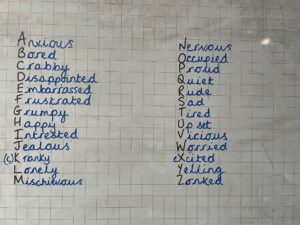
Feelings can be shown on people’s faces and bodies. For example:
• Can you show a happy face?
• What does an angry face look like?
• How do we look when we are excited?
• Can you show a happy body?
• What does an angry body look like?
• How does our body look when we are excited?
We discussed which feelings these characters might be experiencing and whether they might need help with their feelings.



Next, we thought about a story about friends using a ball of string as the friendship chain.
The friendship chain is passed between friends to show how the friendship could have started. One day, there might be an argument between the friends (the string would get tangled). The argument got worse and the friends fell out (the string was cut between the friends). The friends decided to try and make the friendship again (tie a knot in the string).
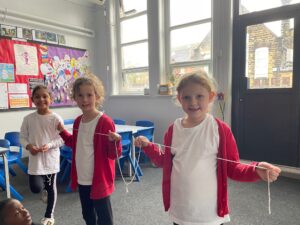
This was a very visual way of looking at friendships. The children thought about what sort of things can cause friendships to break and what can make friendships stronger.
Self care techniques can also help us to look after our own mental health.
Here’s a reminder of the wellbeing bingo we looked at in Year 1. These are all great ways to support our mental health and hopefully some of these can be ticked off during half term.
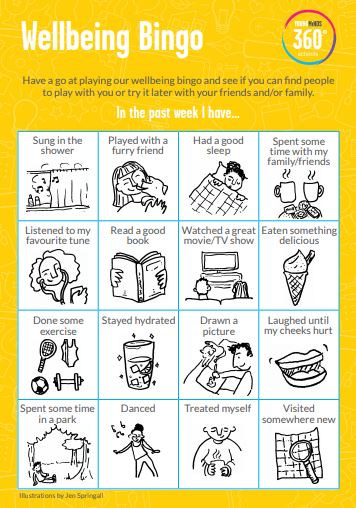
Finally, further information about mental health can be found on the Public Health England (PHE) ‘Every Mind Matters’ website providing NHS-endorsed tips and advice to help children and young people’s mental wellbeing and equip parents and carers with knowledge to support them.